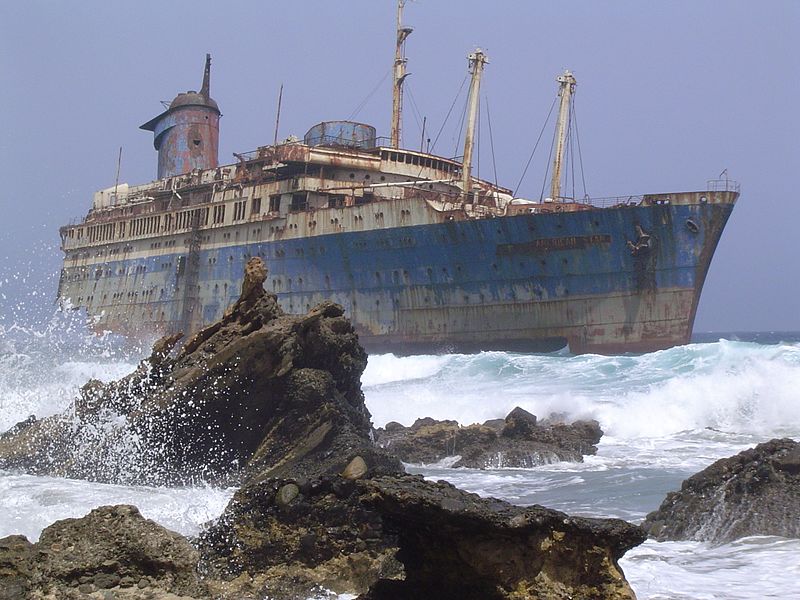Important tips on how to survive a shipwreck

Shipwrecks are often considered a romantic adventure from the past featuring pirates and trading ships that sailed the waters in the 14th century or 18th centuries.
However, a large portion of trade these days is still taking place on waters and knowing the methods to survive a shipwreck is never going to get old. Following are some of the most important tips one must master in order to come out of a shipwreck alive and unscathed.
Every ship carries an instruction manual with important information about the ship and safety measures one must learn in an unlikely shipwreck situation. Always make sure you take the time read this manual.
Despite the fact that we read plenty of survival stories where survivors get out alive by relying on their urine to hydrate themselves, however, one must always avoid drinking urine unless it is absolutely and extremely necessary. Also, avoid drinking bird blood and sea water as it could cause serious damage and possibly death.
Not everything that swims in the water is safe to eat. Never eat a jellyfish, spikey fish, fish with the parrot-like beak or those ugly puffed up like balloon fish.
If you happen to catch a fish which is hard to handle and is constantly moving, pressing the eyes of the fish will make paralyse it.
If wounded or injured try not to apply every method you read in a book or a magazine, simply try to stop bleeding and rest as much as you can.
In case you are stuck on an island try to put your feet up at least 5 minutes every hour, this will ease your legs, and you will feel less tired and drained.
Stranded on an island or in a wilderness, you can not predict with any degree of precision whether help will arrive or when will it reach you. Try to avoid over exertion, of the mind and body. Play little games and try to distract your mind from worrying for the unforeseeable future.
If you are on the beach or a bank you can quickly tell how shallow the water is by observing the colour composition. More green means the water is shallow and blue means that water is probably deep and could pose a danger. (Shallow water has its own risks as predator fish normally hunt in the shallow waters where small fish is in abundance)
Beware of the hallucinations and tricks our mind plays on us when we are in a survival mode. Often the dark clouds on the horizon give the impression of mountains, do not follow every instinct and try to look for greener patches nearby than following an illusion.
It is always recommended to stay on the island as this is your only chance of survival. Never try to swim your way to freedom following the footsteps of Tom Hank’s character from Castaway. Try to stay on land and use water for your survival such as fishing and keeping your body temperature balanced.
